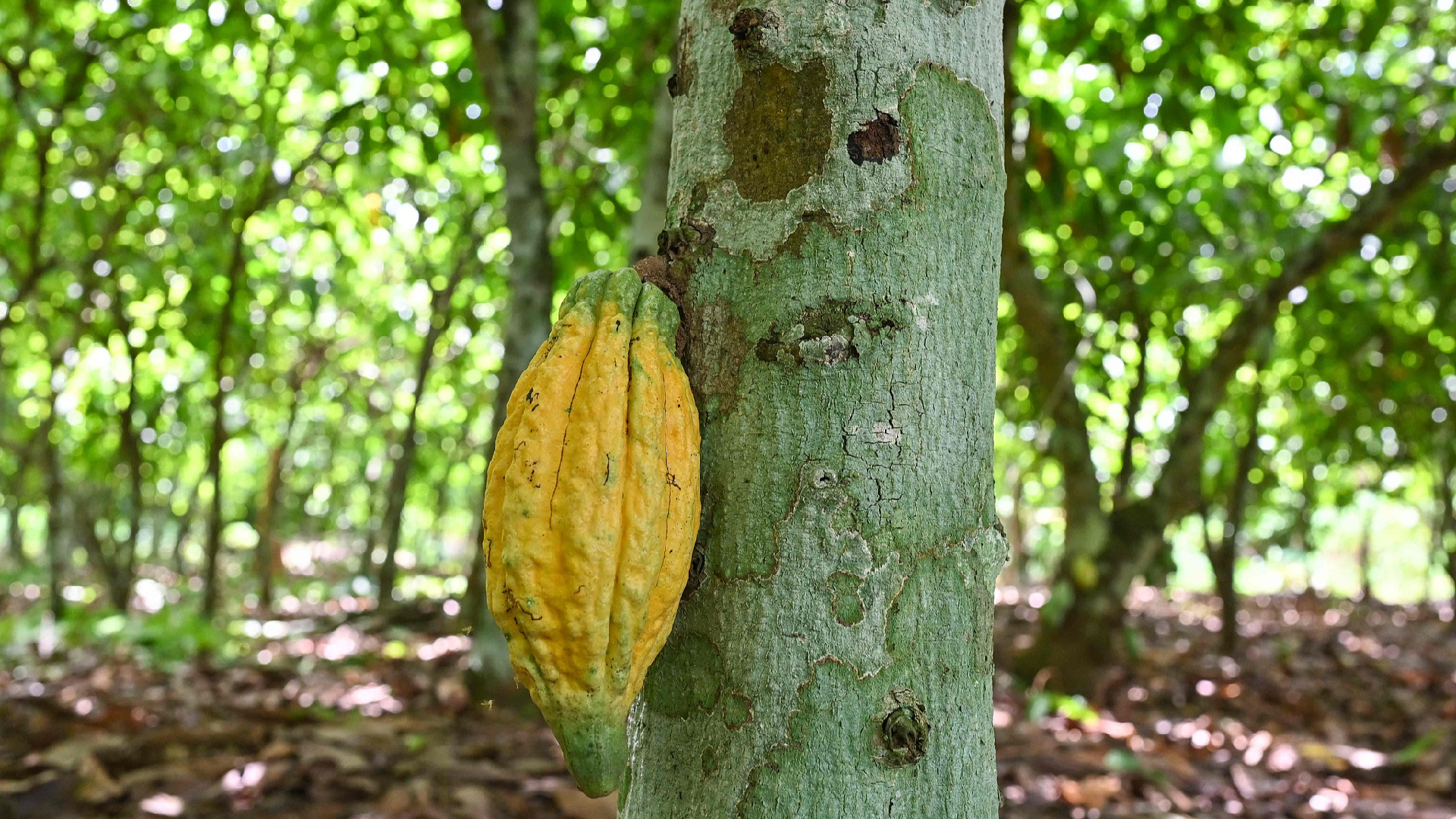Cote d'Ivoire cocoa farmers express concerns over potential U.S. tariffs
Cote d'Ivoire cocoa farmers are facing challenges and are increasingly concerned about the impact of the U.S. market on their livelihoods.

Now, cocoa farmers are increasingly concerned about U.S. President Donald Trump's proposed 21 percent tariff on products from Côte d'Ivoire, which would be the highest among West African nations.
Although Trump has put the tariff plans on hold for 90 days while further reviews are conducted, Côte d'Ivoire's authorities have cautioned that such tariffs could drive cocoa prices even higher and destabilize the local market by decreasing sales.
Côte d'Ivoire produces between 2 million and 2.5 million tonnes of cocoa each year, exporting approximately 200,000 to 300,000 tonnes to the U.S., as reported by the Coffee and Cocoa Council.
In 2023, Côte d'Ivoire exported cocoa beans worth $3.68 billion, making it the country's second-largest export after gold. The U.S. ranks as the fourth-largest importer of Ivorian cocoa beans, following the Netherlands, Malaysia, and Belgium, according to the Organization for Economic Cooperation and Development.
For many cocoa growers in the region, any U.S. tariff could destabilize a market already contending with dwindling yields and limited funding, hampering their ability to meet global chocolate demands.
"If we hear the American president is going to put a tax on the price of cocoa, it's really not good for us, it doesn't help us," remarked a local cocoa farmer.
Prices for cocoa in Côte d'Ivoire are already on the rise, partly due to erratic and insufficient rainfall across the country.
The UK-based Energy and Climate Intelligence Unit has reported a 32 percent increase in the price of cocoa imported into the UK over the past three years, a trend attributed in part to extreme weather conditions affecting regions in Africa where cocoa is predominantly cultivated. Côte d'Ivoire, along with Ghana, Nigeria, and Cameroon, produces around three-quarters of the world's cocoa.
Cocoa is traded on a global regulated market. In Côte d'Ivoire, the government generally establishes cocoa prices at the start of each season, with these prices reflecting market trends and global rates. However, local prices tend to be lower than those on the global market, which limits farmers' profits despite high global prices.
Authorities are already contemplating raising cocoa prices should the U.S. tariff take effect.
"Donald Trump's customs tax is causing us problems. We are already feeling the effects," stated Boss Diarra, coordinator of the local cocoa farmers' union in Bouaflé, located in central Côte d'Ivoire. He highlighted unsold bags of cocoa as evidence of the challenges facing farmers.
A potential U.S. tariff could mean an increase in cocoa supplied to European markets, according to Bruno Marcel Iritié, a researcher at the Ivorian Félix Houphouët-Boigny Polytechnic Institute. Market data indicate that several of Côte d’Ivoire’s top cocoa importers are based in Europe.
European customers "will inevitably buy cheaper because when there is too much, the customer is king," Iritié observed.
Max Fischer contributed to this article for TROIB News
Find more stories on Business, Economy and Finance in TROIB business












